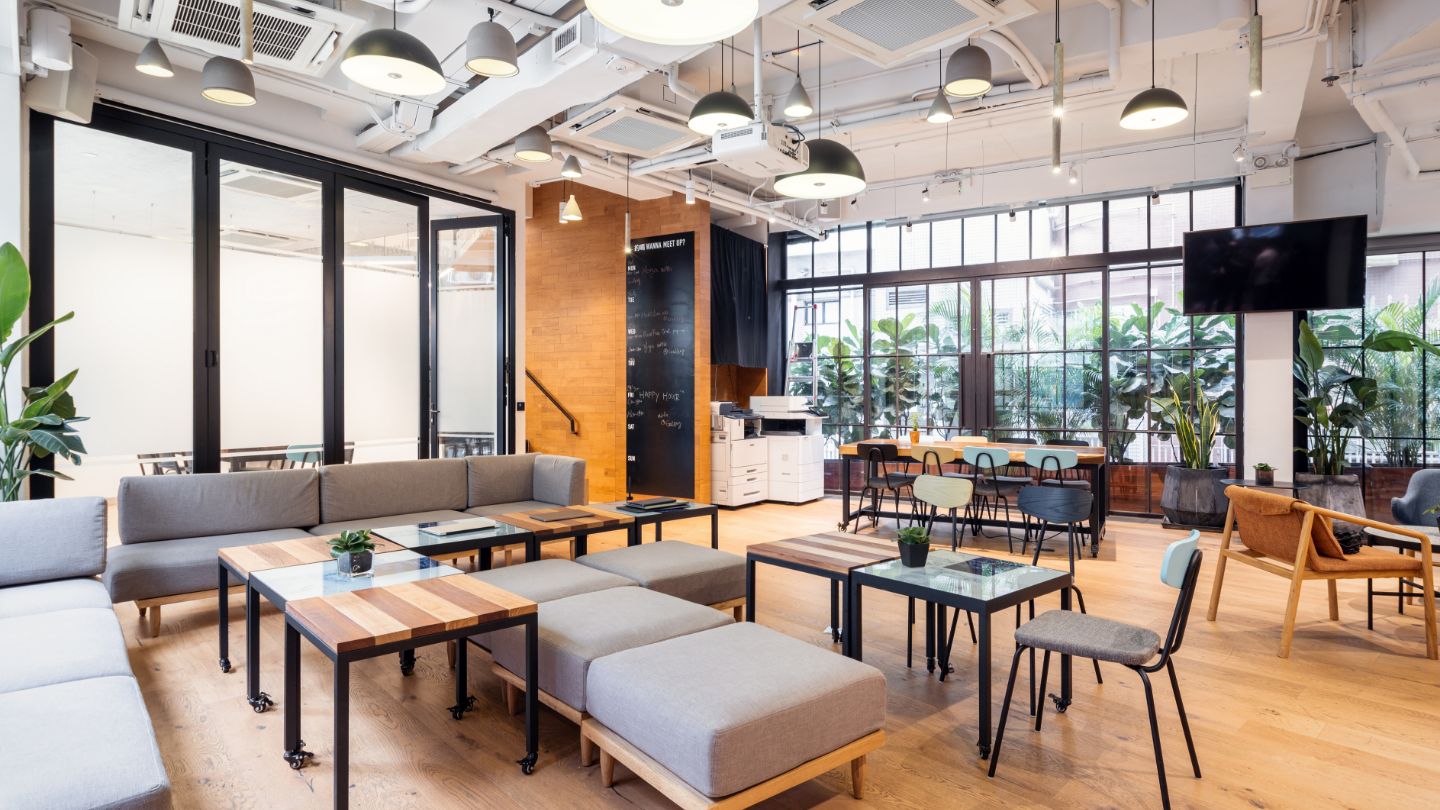In Which Spaces do your Sensors Work?

VergeSense is the industry leader in providing enterprises with a true understanding of their occupancy and how their offices are actually being used.
The VergeSense Occupancy Intelligence Platform delivers the most accurate and comprehensive occupancy data so you can make impactful decisions that boost employee experience and unlock big ROI. As the leading occupancy intelligence company, the VergeSense platform is built on a foundation of the industry’s best and most versatile sensors. Despite how versatile our offerings are, our sensors do not work in every space. This article will explore the specific spaces where VergeSense sensors may not be suitable, but also where our sensors thrive and are commonly installed.
What Spaces do VergeSense Sensors Not Work?
Outdoor spaces: VergeSense sensors have been specifically designed for indoor use only. Sensors are not weather sealed and are susceptible to damage from water, extreme temperatures, and other elements. To better understand the use of outdoor spaces, entryway sensors may be able to be placed on the indoor side of the entryway.
Private spaces: Although VergeSense sensors are 100% anonymous and SOC 2 Type II and ISO 27001 certified, as well as GDPR compliant, there are certain spaces that employees inherently don't want sensors in, no matter what sensor type or company you are considering. As such, sensors are often not installed in areas that demand higher levels of privacy, including restrooms, mothers' rooms, yoga rooms, or nap rooms. In these situations, the entryway sensors are often mounted outside the doorway to capture occupancy data and respect employees' desire for privacy within these spaces.
What Space Requirements are There?
Height: In order to ensure maximum performance, VergeSense sensors must be mounted between specific heights, while remaining mindful of possible obstructions, such as lights or signs. For area sensors like the wireless L302 and wired E106, the recommended mounting height range is between 8 and 12 feet. However, certain exceptions may apply, such as phone booths with heights around 7 or 7.5 feet, where sensors can still function effectively. The EN-1 entryway sensor offers a broader height range, with a supported height range of 7.5 feet to 19.5 feet. These ranges ensure the highest accuracy and performance.
Lighting: Lighting conditions are crucial for the effectiveness of VergeSense sensors. Spaces with extremely dim lighting, like recording studios or theaters, can severely impact sensor performance. As such, we do not recommend installing sensors in dark spaces. Alternatively, situations with an overabundance of brightness or direct decorative lighting pointing toward the sensor can also disrupt performance. For such cases, customers should consider different mounting options or entryway sensors, which provide efficient space occupancy data without requiring an optimal lighting environment.
What Spaces are Most Popular for Installing Sensors?
While VergeSense sensors can be installed in any indoor space that meets the above height and lighting requirements, certain spaces are very common for installing sensors to gain a greater understanding of how they are used. Some of the most popular spaces for installing our sensors includes:
Desk areas: Employees often spend a significant portion of their workday in desk areas. Whether utilizing assigned or unassigned seating, hot desks or cubicles, VergeSense sensors can be installed to provide data on occupancy and usage patterns in individual desks or large sections of desks. This information aids businesses in understanding peak usage times and desk availability, leading to better space management decisions. When sensors employ a wall-to-wall coverage approach, capturing data for an entire section of desks, organizations can understand the overall efficiency of their open workspaces and neighborhoods to make larger-scale decisions.
Phone booths: Phone booths are small, single-user spaces designed for focused work or private calls. By installing VergeSense sensors in these areas, companies can gather critical data on booth usage and availability. This information can help identify underutilized phone booths or inform on expanding the number of booths to accommodate higher demand.
Meeting, huddle, and conference rooms: VergeSense sensors play a crucial role in managing and optimizing meeting rooms within an organization. By monitoring meeting room occupancy and usage patterns, companies can make more informed room scheduling and planning strategies. With VergeSense, you can also integrate with room and desk booking software to automatically release unused bookings, allowing other teams to utilize the space that may have otherwise gone unused.
Open collaborative areas: These informal spaces cater to team discussions, brainstorming sessions, and ad-hoc meetings. By understanding how open collaborative areas are utilized, companies can design workplaces that foster creativity and collaboration, enhancing employee productivity and experience.
Cafe and lounge areas: Cafe spaces, lunchrooms, and lounges are essential for employees to unwind, recharge, and socialize during breaks. VergeSense sensors can be installed to monitor these spaces' utilization rates, providing data that helps companies plan and manage these informal spaces more effectively and ensure they are right-sized for employee needs.
Find Out What Sensor is Right for You
VergeSense sensors are adaptable and highly capable of capturing occupancy data in a wide range of spaces. While there may be some limitations concerning performance and installation in specific environments, the VergeSense team remains dedicated to overcoming these challenges by offering custom installation methods to help ensure that we are always providing valuable occupancy data to our customers. By providing accurate, real-time insights, occupancy intelligence empowers organizations to optimize their workplace and facilitate quick, easy, and confident decision-making.
To find out more about what type of sensor and mounting solutions may be right for your organization, talk to one of our specialists.